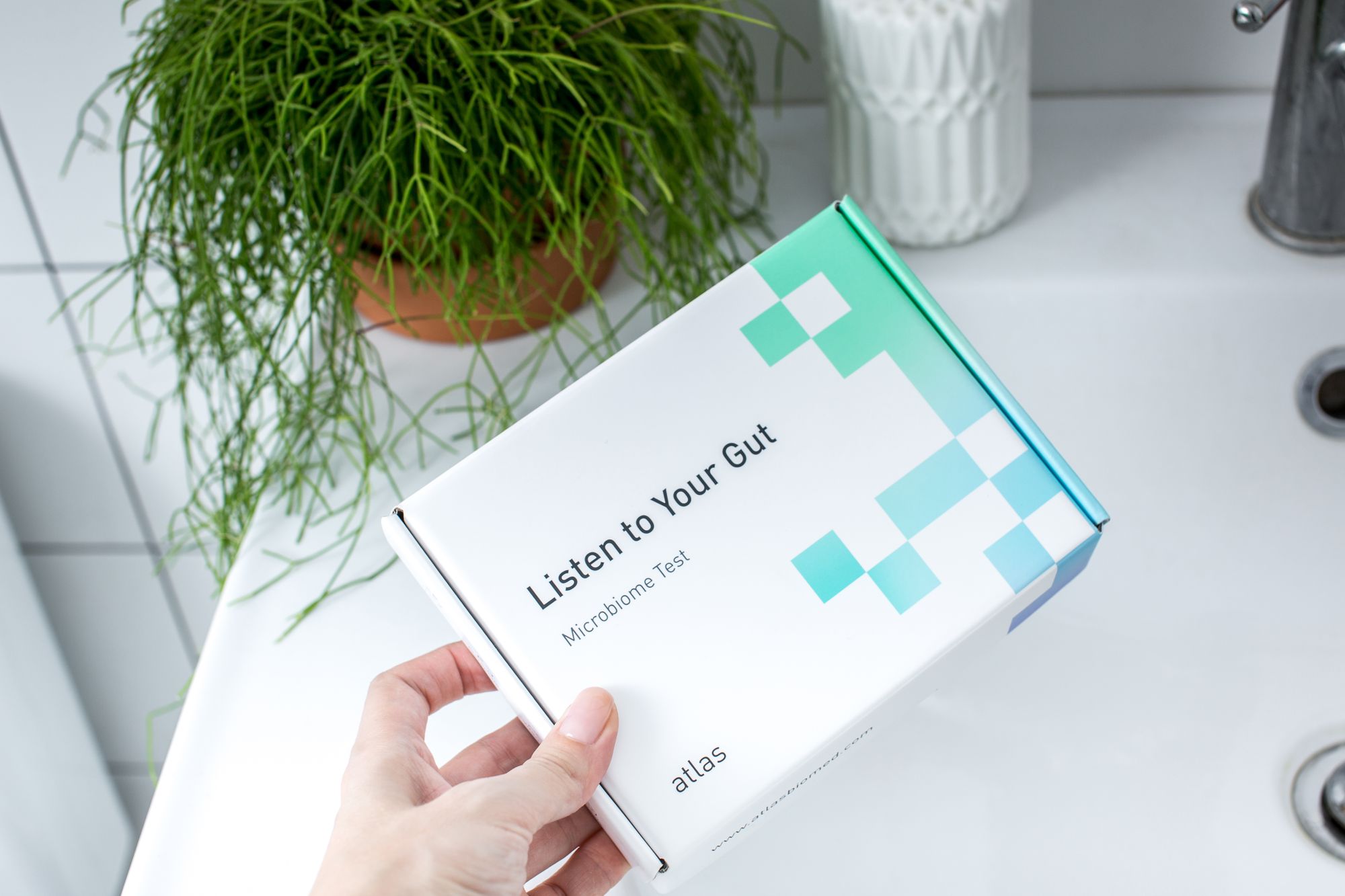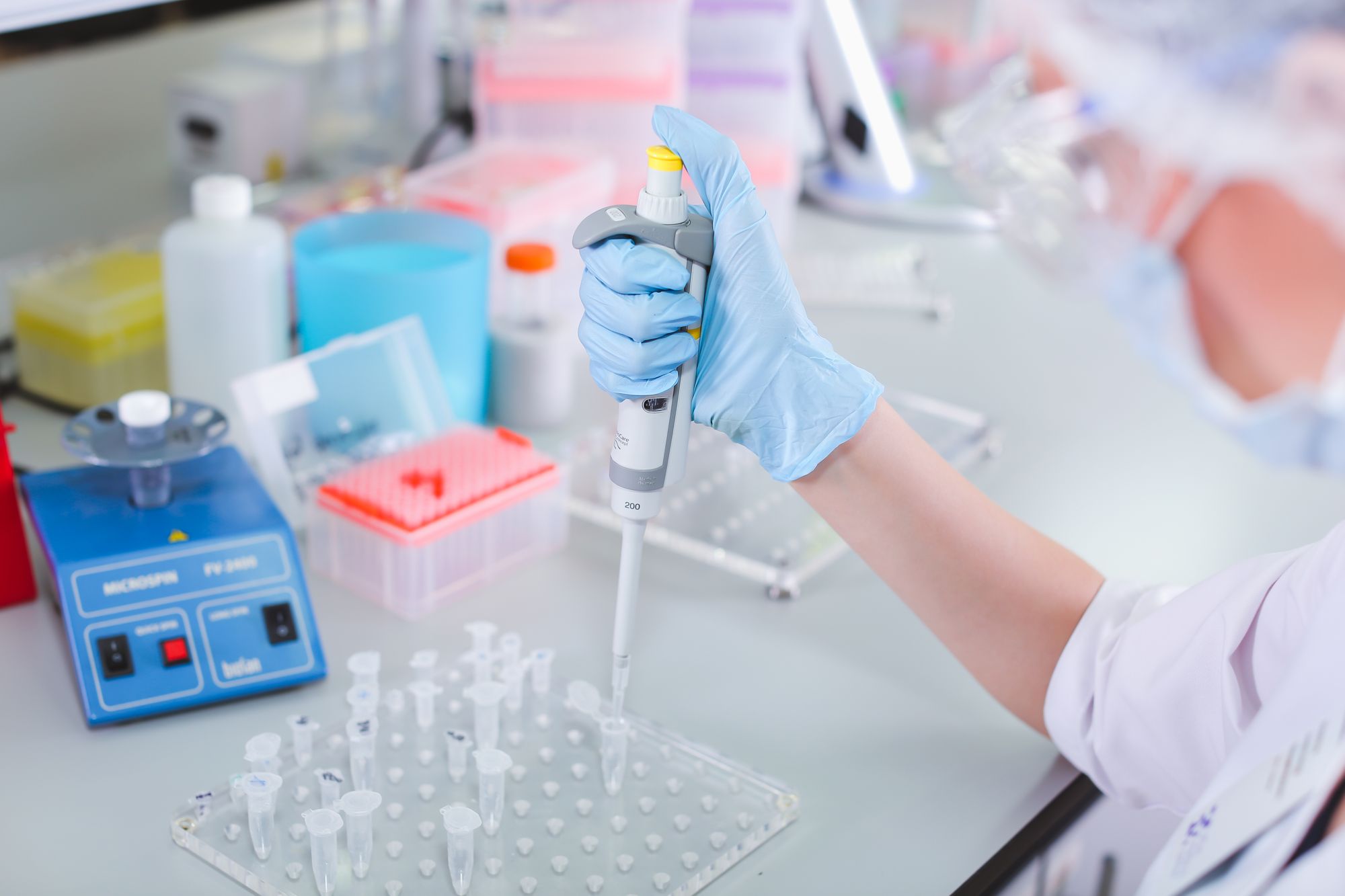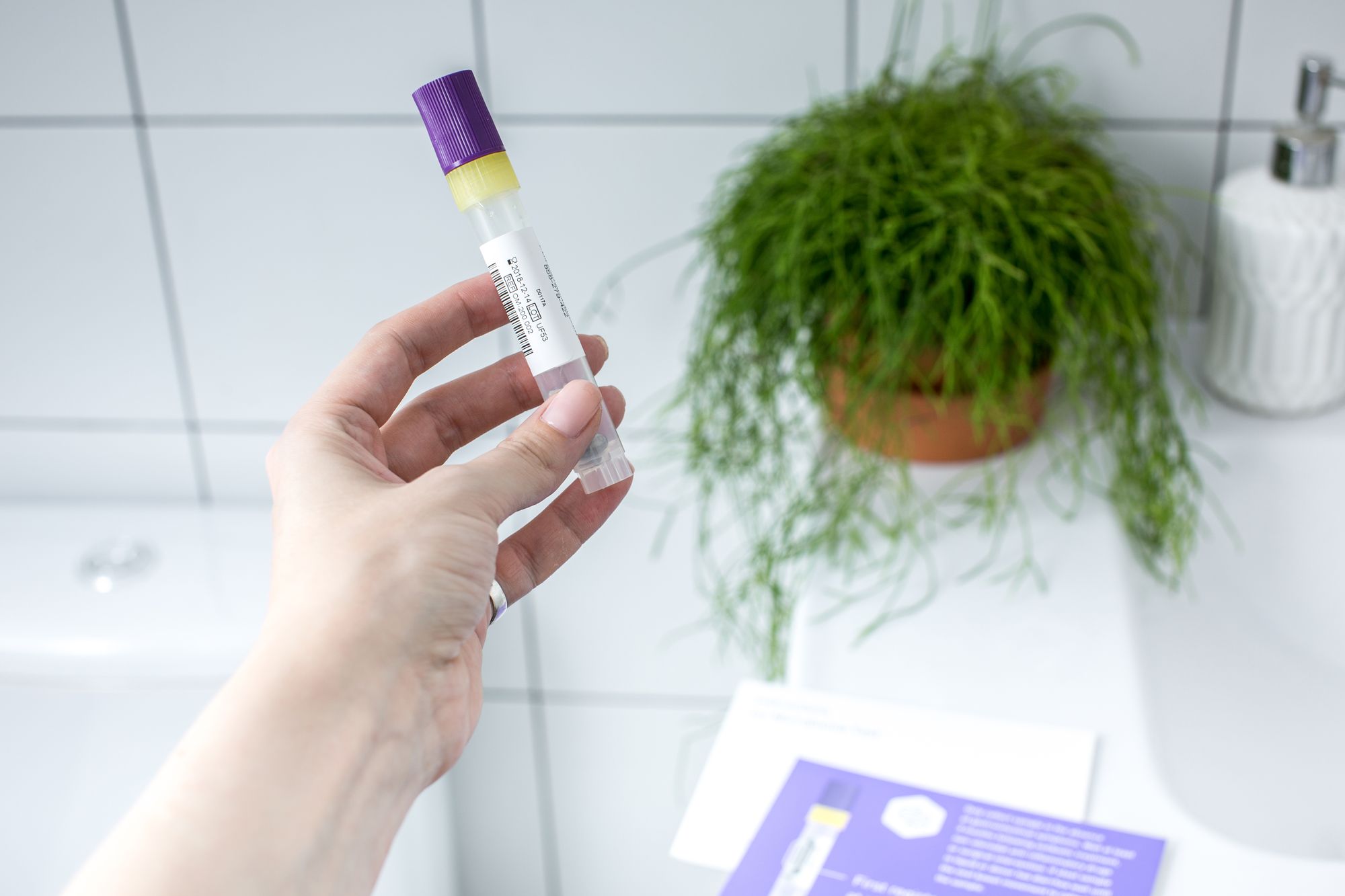Our super nerdy software update yields way more data on your gut microbes than ever before.
Being able to look inside the secret communities of bacteria that make up the human gut is nothing less than incredible. And it’s all possible thanks to the incredible behind the scenes work by bioinformaticians and software developers.

With this new update, we’re turbocharging our analytical capabilities and quadrupling the database of reference bacteria and archaea. Whether you’re planning on taking the Atlas Microbiome Test or you’ve already got the results, this update applies to you.
☝You will no longer have access to the previous version of results because they have been updated and replaced by this new interpretation algorithm.☝
The update in numbers
This update is special because our database of bacterial and archaea DNA sequences (another type of single-celled organism) has increased. That means we have many more bacteria to reference your sample against, meaning more precision and fine-tuned results for you!
- Our database of bacteria and archaea sequences has increased from 2,473 to 11,440
- We can detect 4.6 times more unique microorganisms
- Our genus detection rate has improved by 10%
- Our database of vitamin and butyrate producers has been refined
Why should I care?
As humans, we have measured and recorded much of the world and its inhabitants, so it’s easy to assume that we already have a full catalogue of microorganisms to work from. Well actually, this isn’t the case.
In fact, there’s still much we need to learn about the microscopic world, especially in hard-to-reach places like the bottom of the ocean (or inside your gut). That’s because microorganisms are picky about their environments and often refuse to live outside of them.
For a long time, scientists relied on Petri dishes to grow bacteria for studying. However, most of the bacteria in your microbiome (and other oxygen-free environments) simply won’t grow in Petri dishes. Fortunately, someone invented DNA sequencing technology and it became possible to analyse microbiome compositions using genetic data instead.
This remains a relatively new invention, which means that humanity still has a lot to learn about the invisible world that surrounds us. Every year, the repertoire of known bacteria is growing thanks to the hard work of amazing researchers who share our passion for this hidden world.
When a new bacterium is identified, a team of researchers then have to study it (using DNA sequencing), record its genome, and if they’re lucky, figure out some of its many attributes. If the research and evidence is good, after a few years, it may be added to one of many databases of microbes.
It’s thanks to the immense dedication of scientists around the world that the Atlas Microbiome Test is possible, not to mention our own team of in-house microbiome researchers that developed this test.
What does it mean for my results?
This software package provides enhanced microbiome analysis, which means more data for you. It refines Atlas Microbiome Test results with even more precision, both in terms of the range of bacteria identifiable and their level of classification.
☝Because we have changed our analysis methodology, we will not be able to provide information on specific before/after changes for individual users.☝
Diversity
We can accurately detect more genera. In taxonomy, a genus is one of the most specific levels of detection (only superseded by species and strain). Our genus taxon detection rate has increased from 83.4% to 94.2%.
We can detect 4.6 times more unique microorganisms because we have a bigger database of microbes we can compare your sample to. We have also refined it to specifically look for gut bacteria.
What this means for you: you may notice a change in your diversity rating. Don’t worry. Your microbiome has not changed, you simply have access to better data about your gut’s ecosystem.
Disease protection
We have a new algorithm for better calibration of the disease protection analysis. The analysis of large quantities of biomedical data has given rise to machine learning, a method by which scientists can extract knowledge from data, which would not be possible manually.

Using machine learning algorithms, we have trained our system to identify disease protection relationships from reliable studies and user data. This helps to avoid the specific statistical risks of algorithm overfitting, in which the data analysis may be skewed by more parameters than is necessary for the statistical analysis.
What this means for you: We have calculated that most users will see some kind of change in their results, but you shouldn’t worry because disease protection is not a measure of disease risk. Just because your microbiome may share traits in common with a disease does not put you at risk of developing it.
Vitamins and butyrate
A growing body of evidence between gut bacteria and specific nutrients now allows us to work directly from the bacteria identified to infer their nutrient metabolism potential. Our team of microbiome researchers have conducted a comprehensive literature review to identify these bacteria and have manually curated the reference list of bacteria in our system.
☝By doing so, we have removed potential inaccuracies associated with previous methods and left only validated producers, which are known to make corresponding nutrients in significant amounts.☝
What this means for butyrate: Previously, users with low diversity and dominance of Bacteroides may have had elevated butyrate production results. These users will likely notice a reduction in their butyrate-production score as we align the test results with the most up-to-date bacterial associations with butyrate-production.
What this means for vitamins: estimated vitamin production potential will change for most users and provide a more accurate portrait of these microbial activities. Don’t worry, because microbial vitamin synthesis does not affect a person’s actual vitamin levels. If your rating is lower, this will not lead to deficiencies.
Will this change your food recommendations? Your recommendations have been recalibrated in light of these changes. If you have been following the recommendations generated by our previous system, don’t worry. Our food recommendations are designed to add more prebiotic fibers to your diet, which are associated with the growth and abundance of beneficial bacteria.
Enterotypes

Users may be allocated to a different enterotype and citizenship that more accurately reflects the state of your microbiome.
Fibre break down
By increasing our genus detection rating and acquiring a much larger dataset of bacterial sequences, we have been able to refine our dietary fiber breakdown report.
What this means for you: A small number of users will have different dietary fibre breakdown levels.
Will this change your food recommendations? If you’re dietary fibre metabolism score changes, your recommendations will be updated as a result.
Probiotics
By increasing our genus detection rating and acquiring a much larger dataset of bacterial sequences, we have been able to refine our probiotics results.
What this means for you: If your results have been updated, it means that you will have access to a more accurate portrait of the probiotic bacteria in your gut.
Will this change your food recommendations? You may see changes in your food recommendations designed to encourage the growth and abundance of probiotic bacteria.
☝If you want to discover your microbome, take the Atlas Microbiome Test. We've got lots of new reports in the works.☝
















